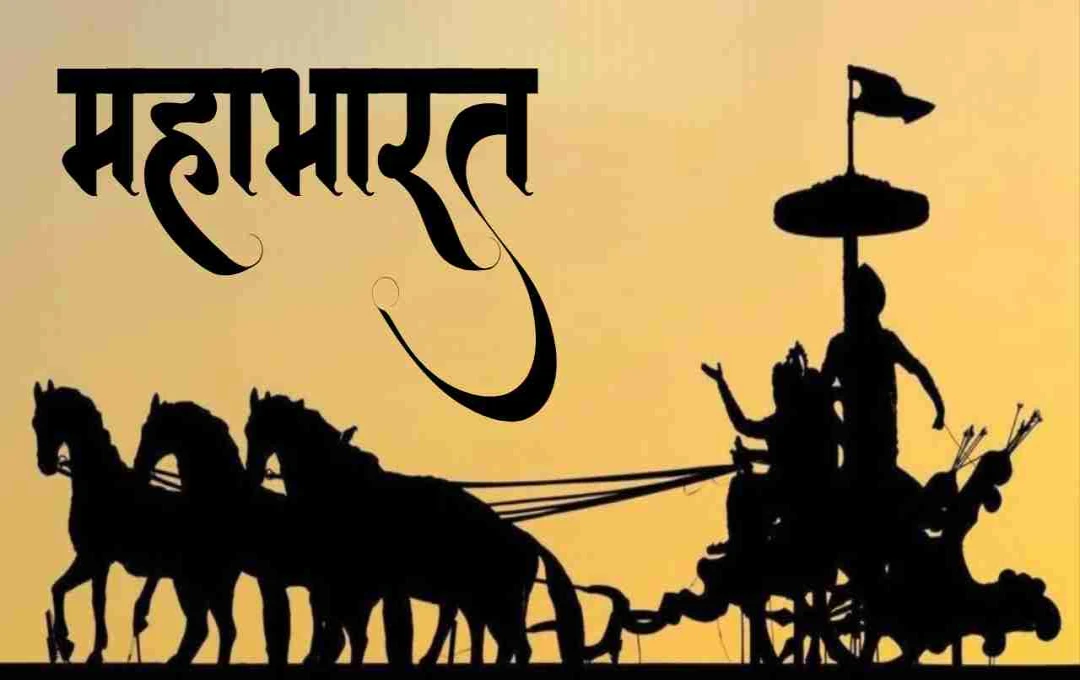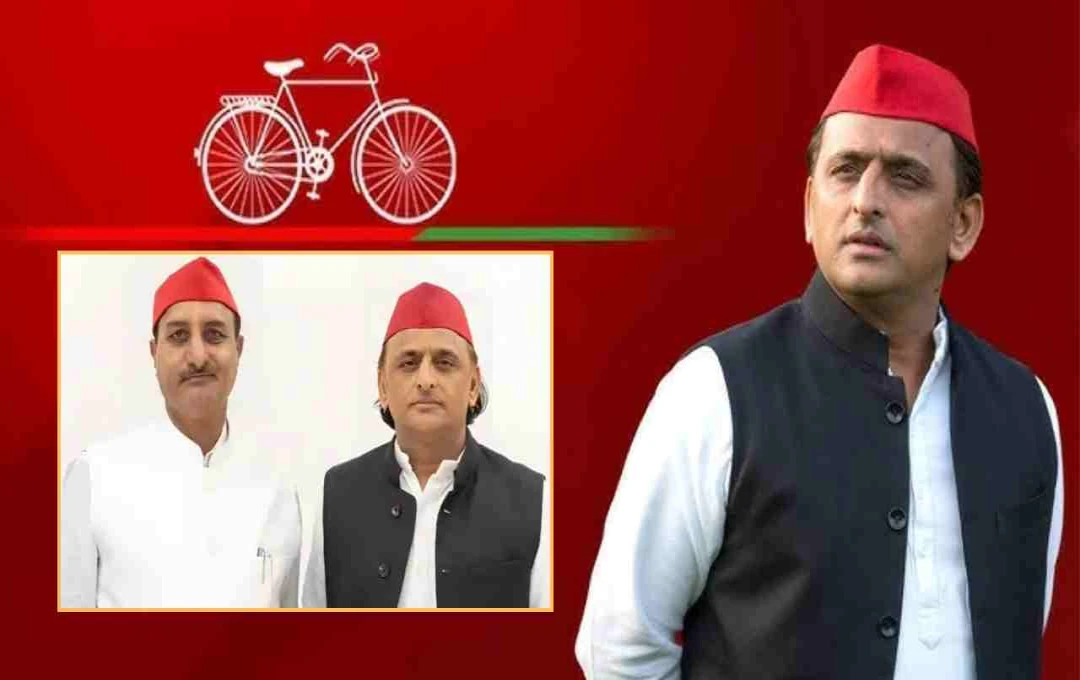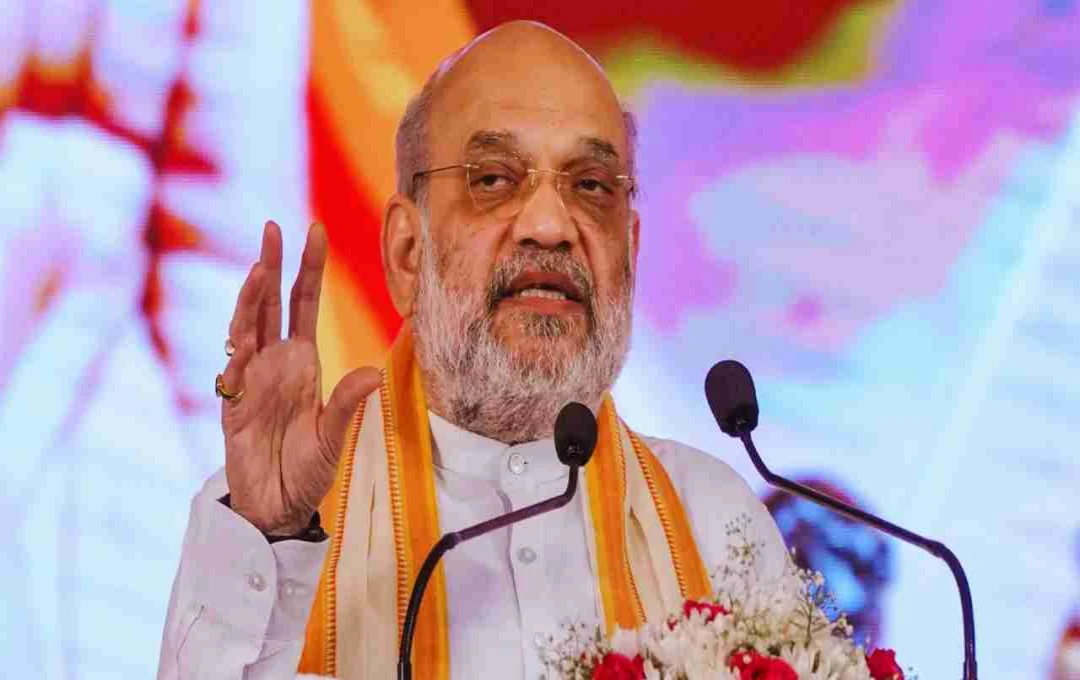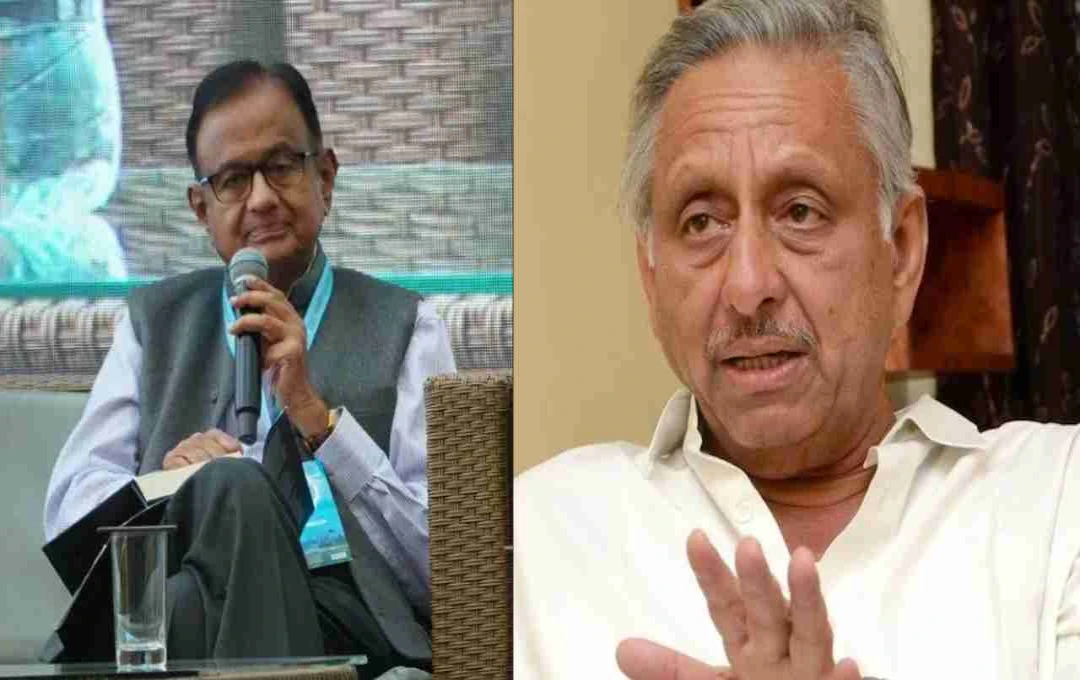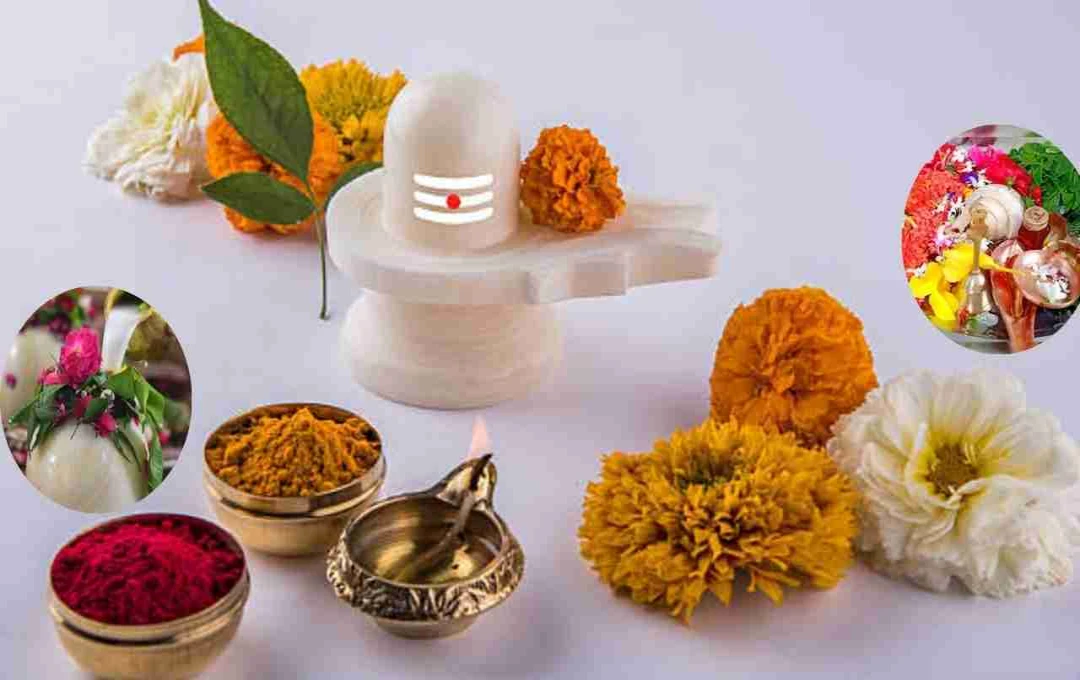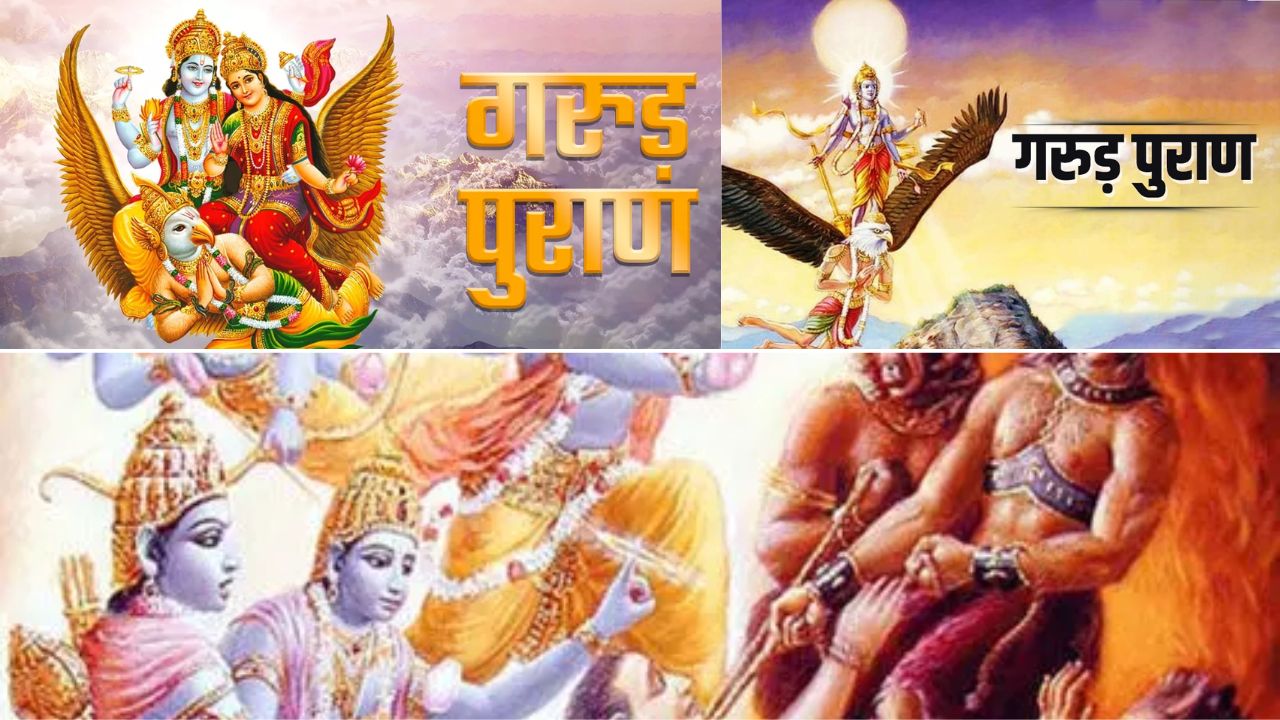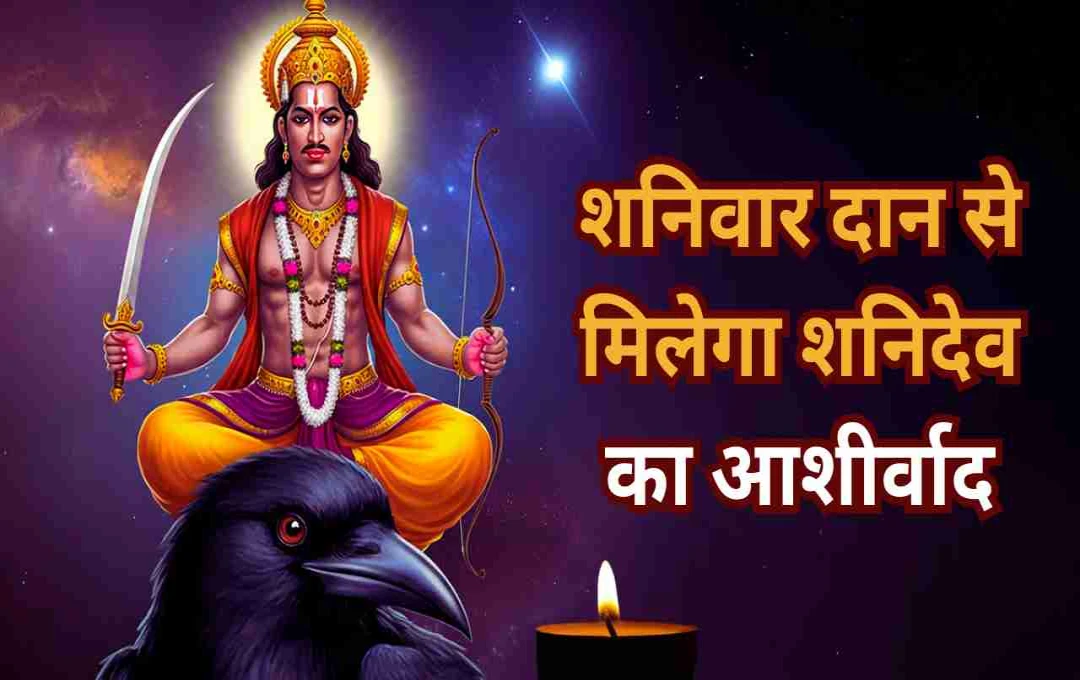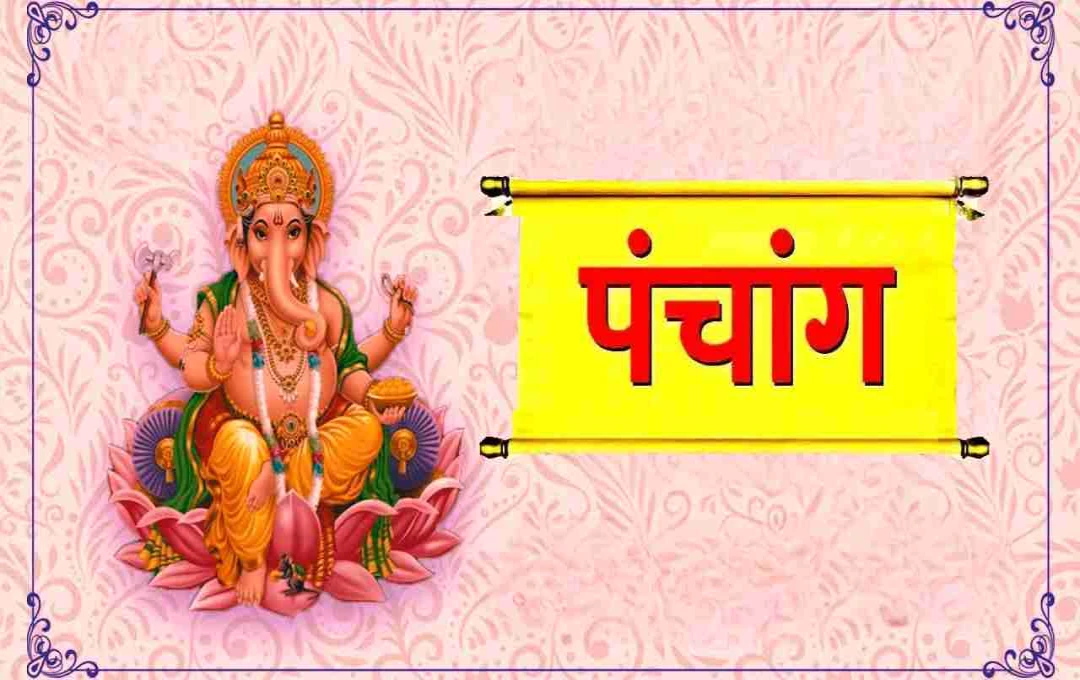The Mahabharata is not just a tale of war; it is a scripture of knowledge, ethics, dharma, and life management, often referred to as the 'Fifth Veda'. The various episodes and characters described within hold profound relevance even in modern life. The lessons emerging from the Shanti Parva (Book of Peace), Anushasana Parva (Book of Instructions), and Vana Parva (Book of the Forest) in particular, guide us towards self-confidence, wisdom, and the path to success.
Success Doesn't Last with Falsehood
In the Shanti Parva, Bhishma Pitamah (Grandfather Bhishma) tells Yudhishthira that those who lie or support lies can never attain true knowledge. Such ignorance leads them into a world of illusion, where real success becomes merely a mirage.
Good Knowledge is Heaven
According to the Mahabharata, the true knowledge and education on this earth are akin to heaven. Conversely, ignorance and bad habits lead a person towards hell. The Shanti Parva bly presents the idea that real prosperity in life is attained through education, knowledge, and virtuous deeds.
Those Who Insult Dharma Face Destruction
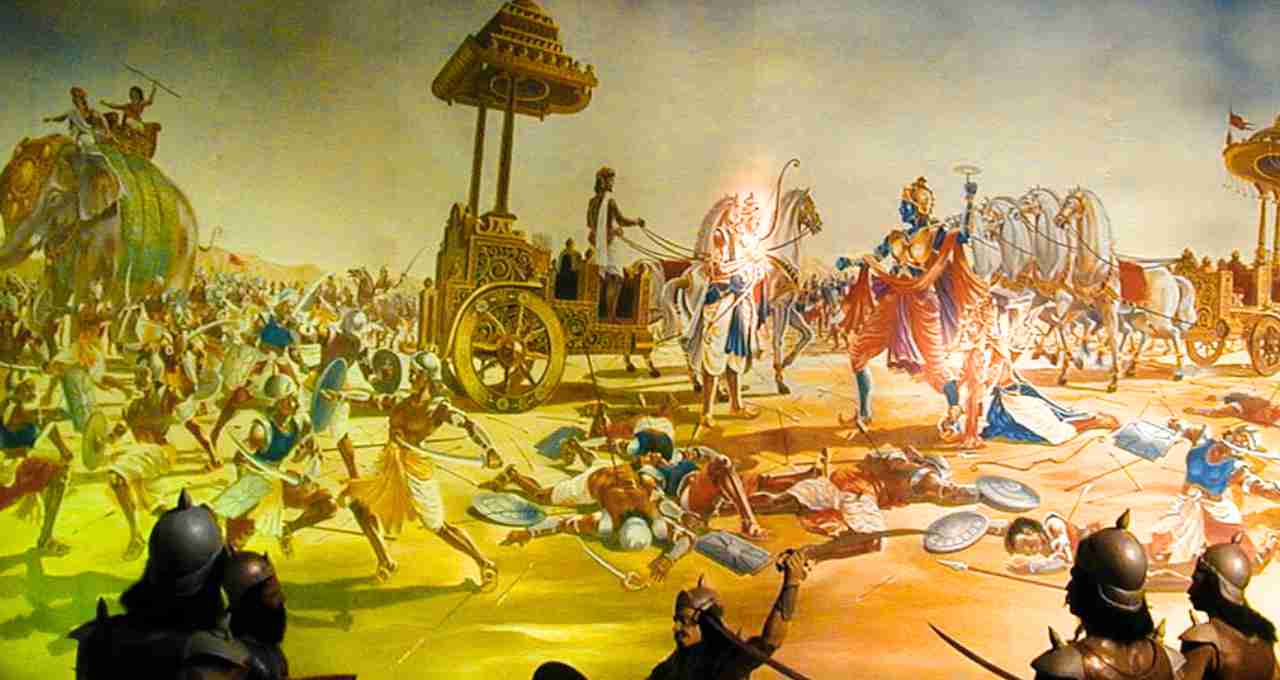
The Vana Parva of the Mahabharata states that those who do not have faith in dharma and insult saints, sages, and the wise are inevitably destroyed. Such people, regardless of how much external wealth they display, cannot achieve stability and balance in their lives.
Harm from Attachment and Greed
The Shanti Parva also states that attachment and greed make life short and sorrowful. On the other hand, following truth and dharma allows a person to live long and happily. This message is as relevant today as it ever was, where people, engrossed in the allure of material comforts, often neglect their mental and physical health.
No Delay in Virtuous Deeds
A key lesson from the Shanti Parva is that any act of virtue or one that benefits society or others should be started without delay. Delaying the opportunity to do good takes away the beneficial results. This lesson is very significant in today's fast-paced life.
Virtuous Deeds Should Not Be Flaunted
The Anushasana Parva says that one should certainly perform virtuous deeds but should not flaunt them. Those who perform religious acts merely to gain social praise or for show do not receive their favorable outcome. A life free from ostentation is the true mark of virtue.
Treat Everyone Equally
The Vana Parva of the Mahabharata states that a person who treats everyone equally and has feelings of compassion and love for others attains all happiness in life. A prosperous life is possible in society only with equality and a sense of compassion.
Control of Mind and Senses is Essential
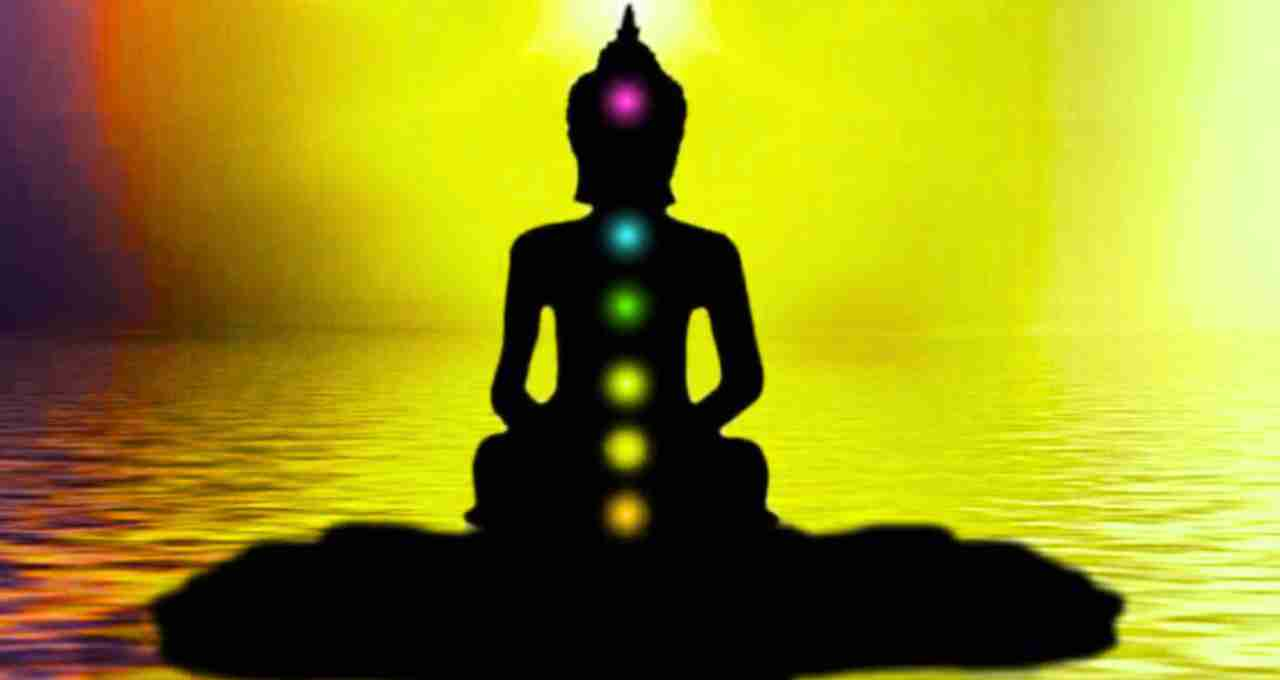
Another important lesson from the Vana Parva is that a person who controls their mind and senses is never tormented by feelings of jealousy, hatred, or sorrow. Even upon seeing the success of others, they do not feel envy and maintain their inner peace.
Bhishma Pitamah's Teachings Still Guide Us Today
The knowledge that Bhishma Pitamah gave to Yudhishthira in the Shanti Parva after the Mahabharata war can still be a guide in today's politics, society, and personal life. It includes lessons on self-control, justice, dedication to duty, and living life with wisdom.
It would be a mistake to consider these teachings as merely a part of a religious text. They can become pillars of self-reflection, self-control, and success at every turn in life. This knowledge hidden in the depths of the Mahabharata is as relevant today as it was thousands of years ago.
